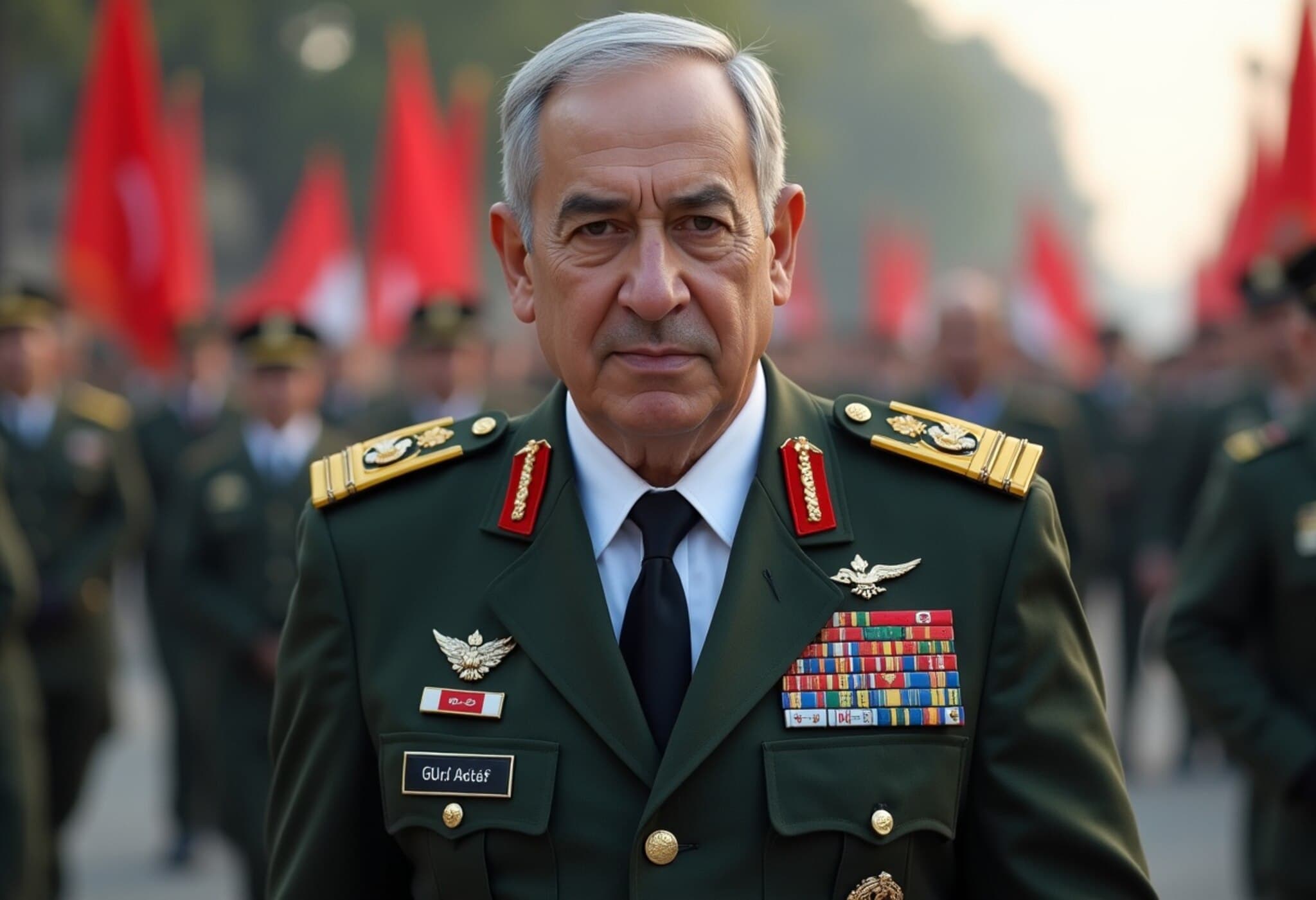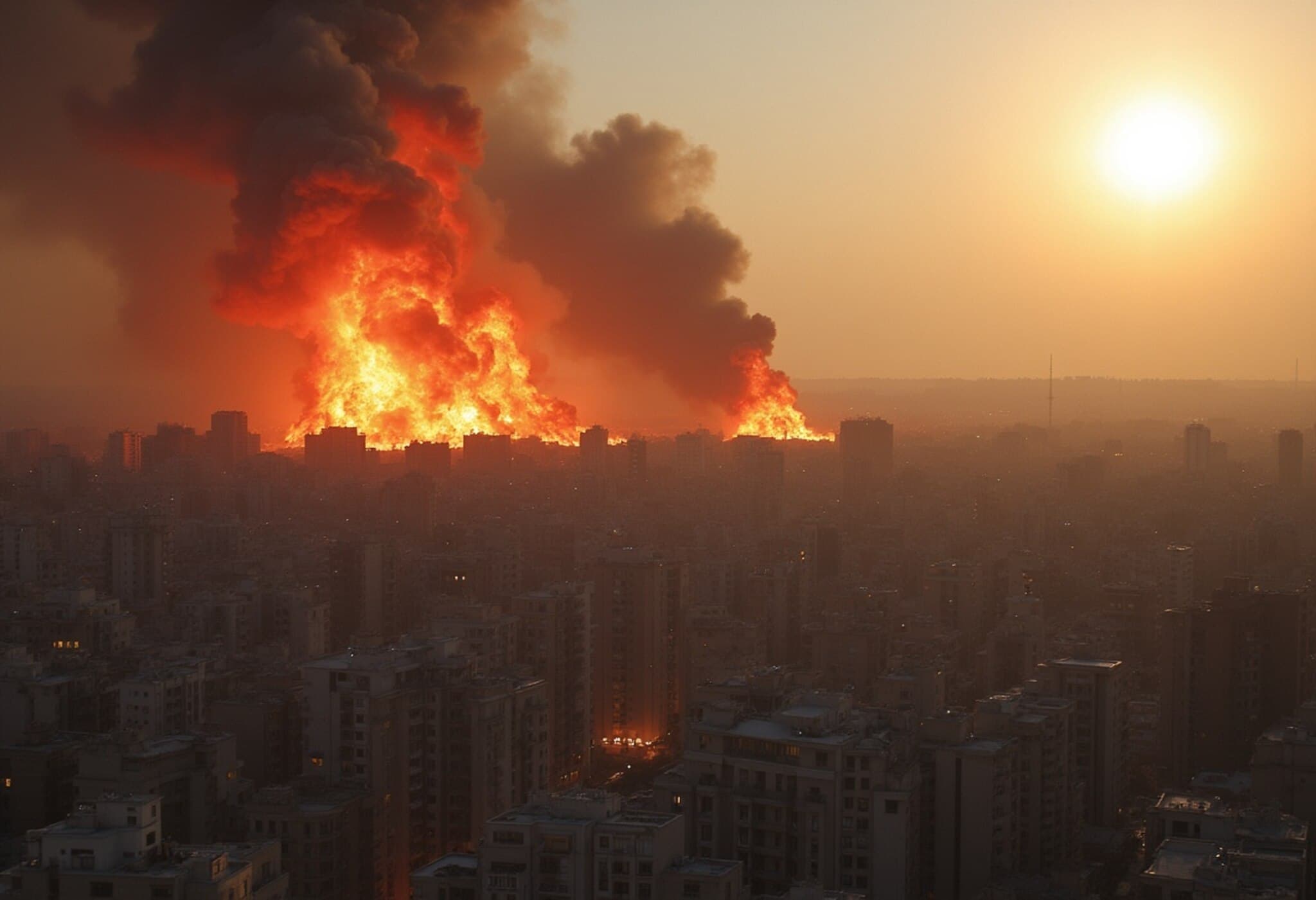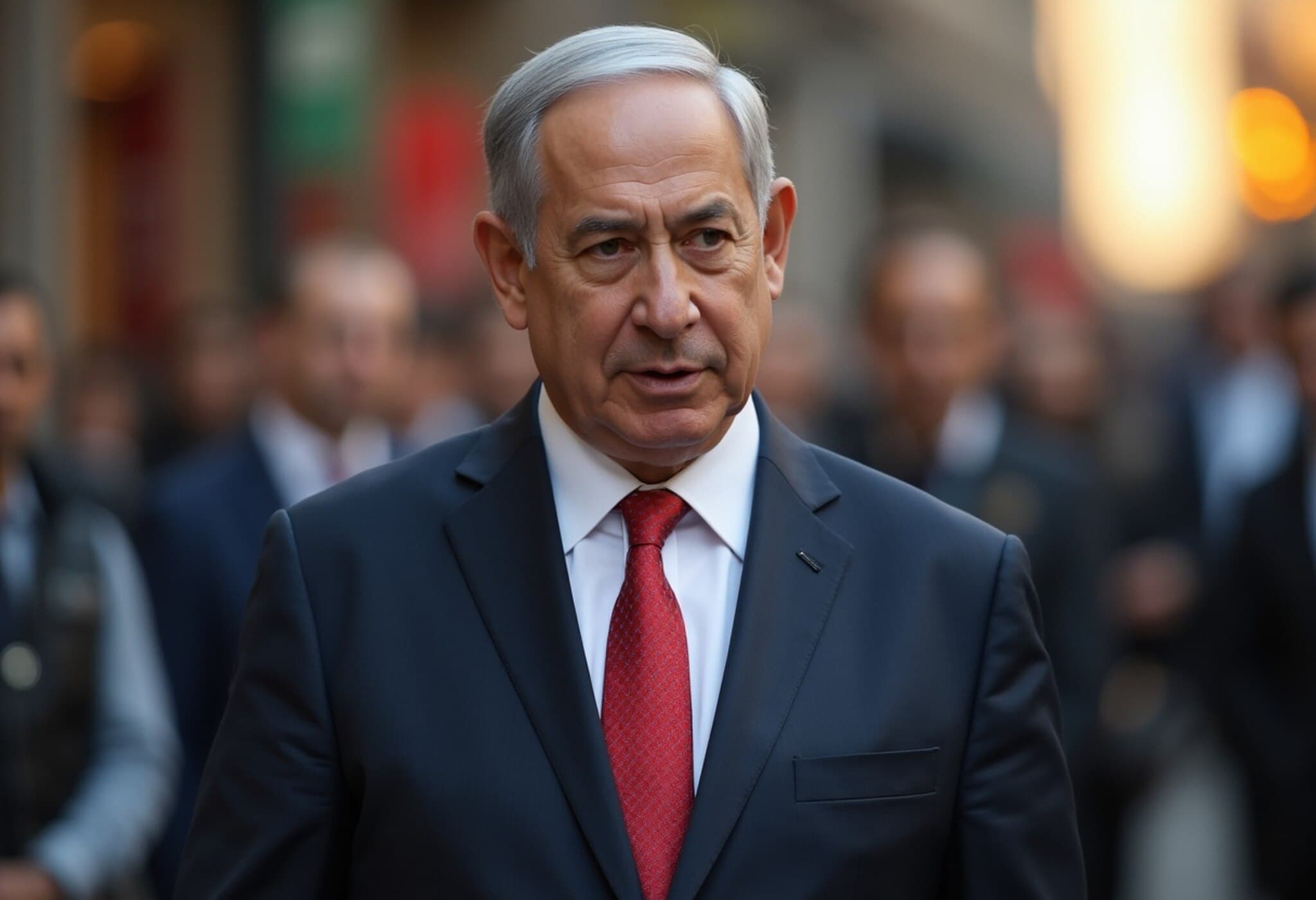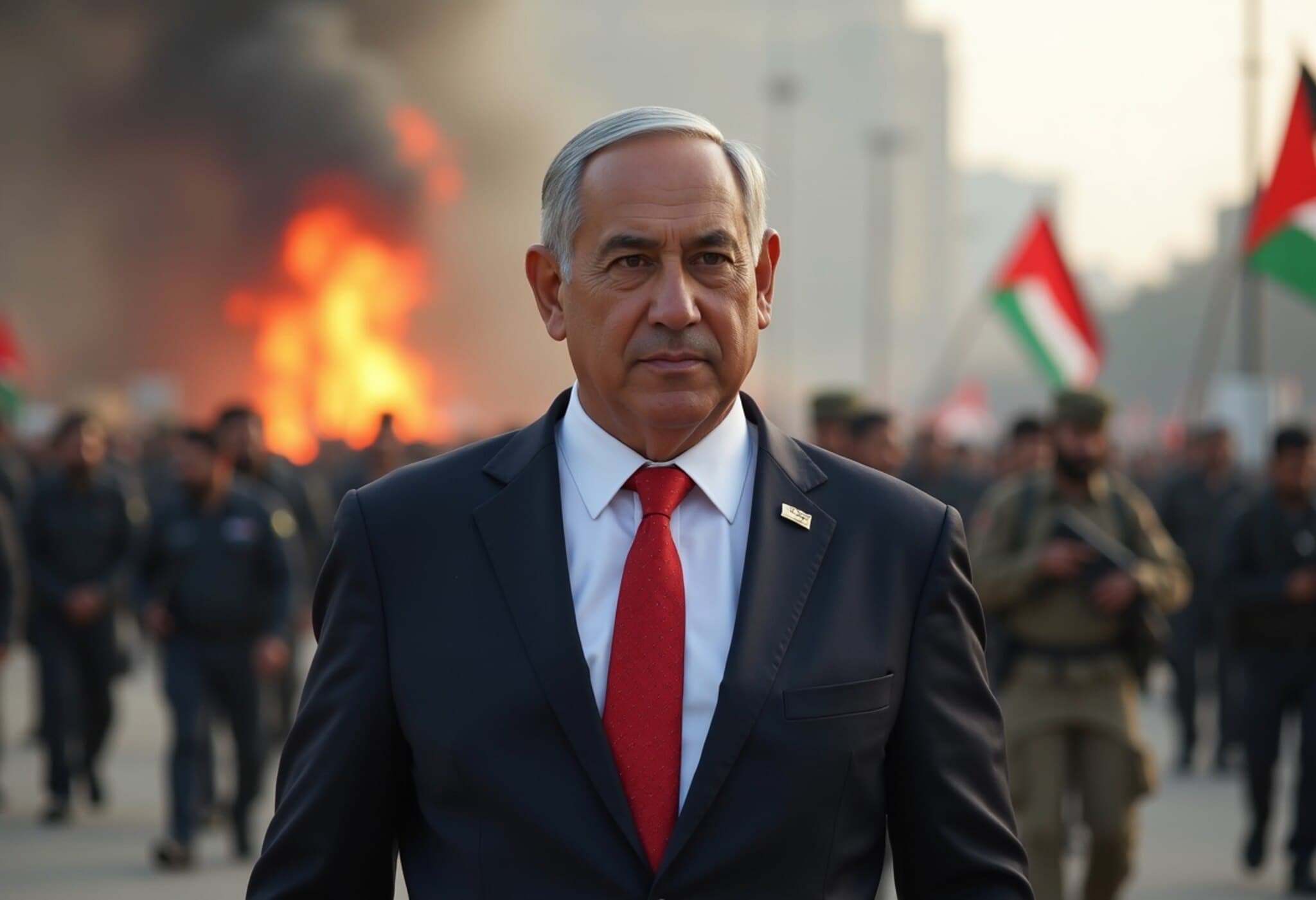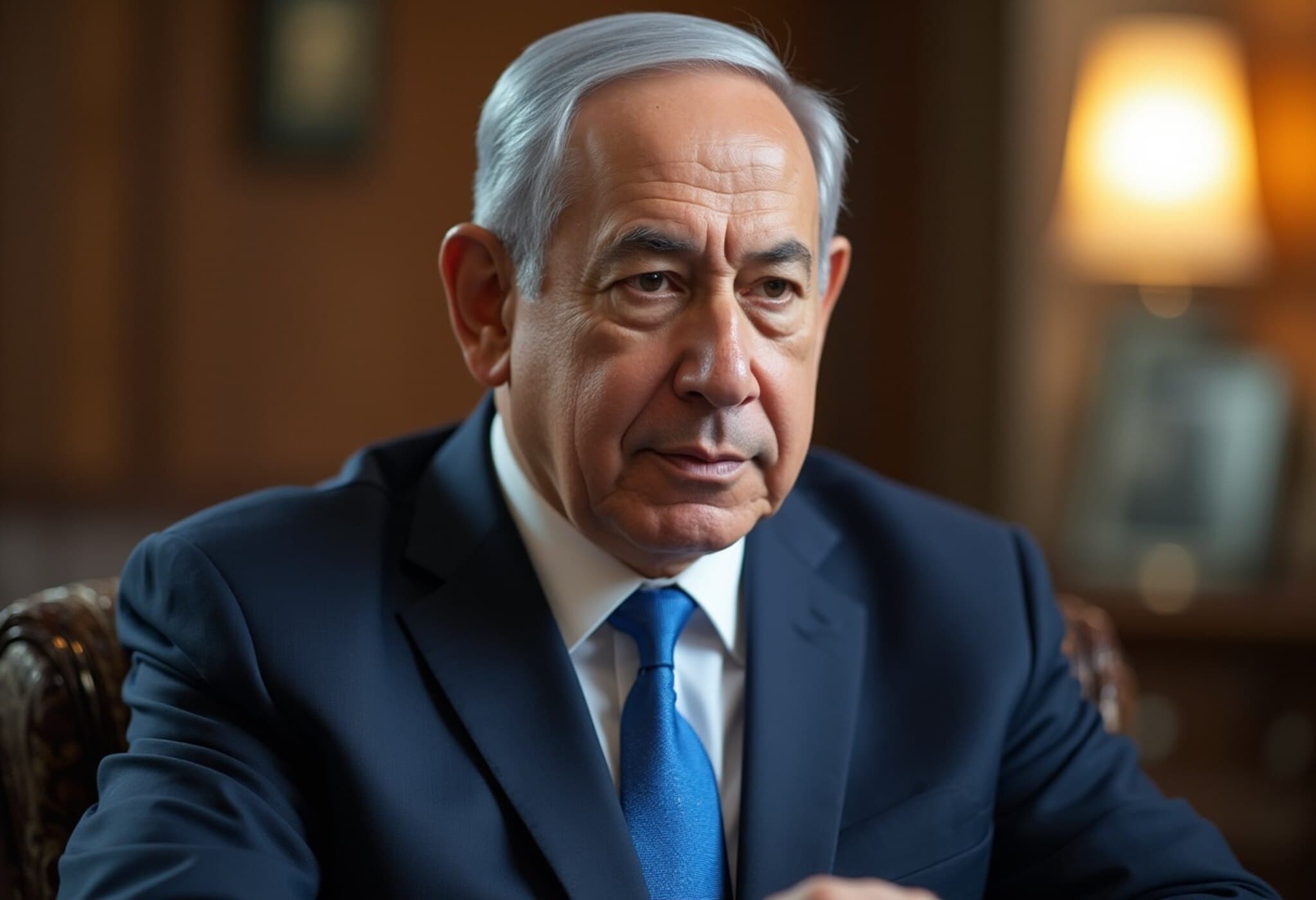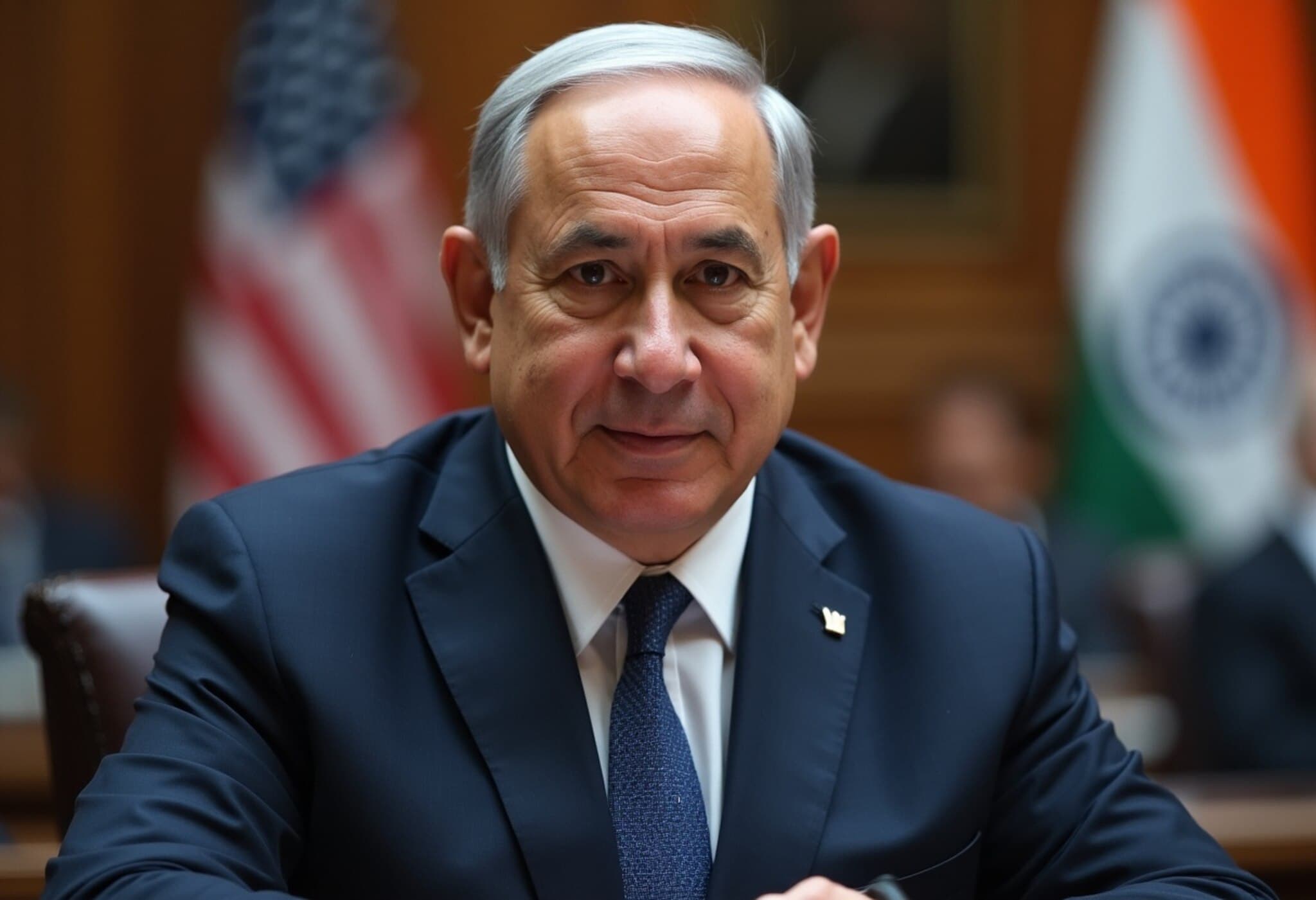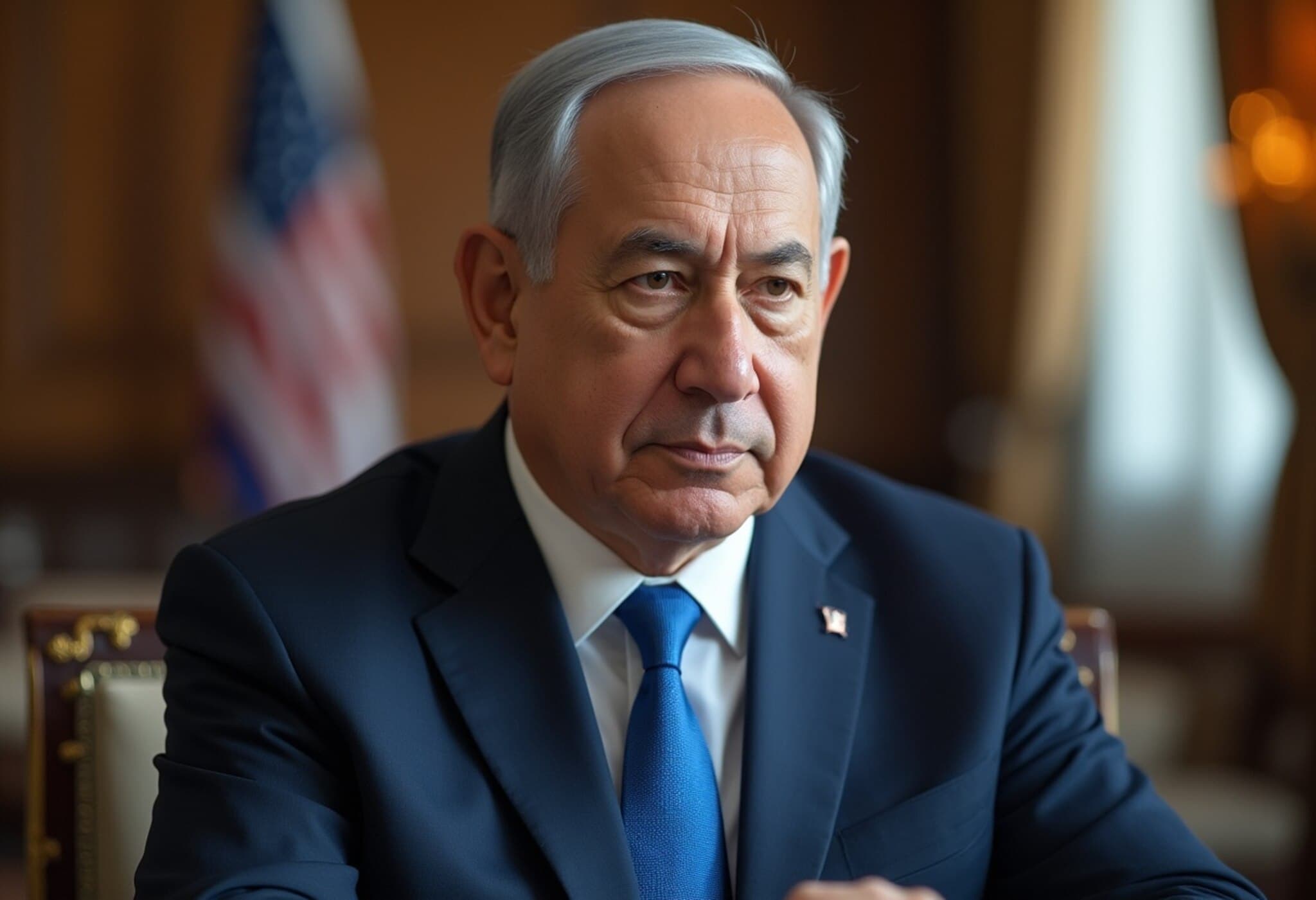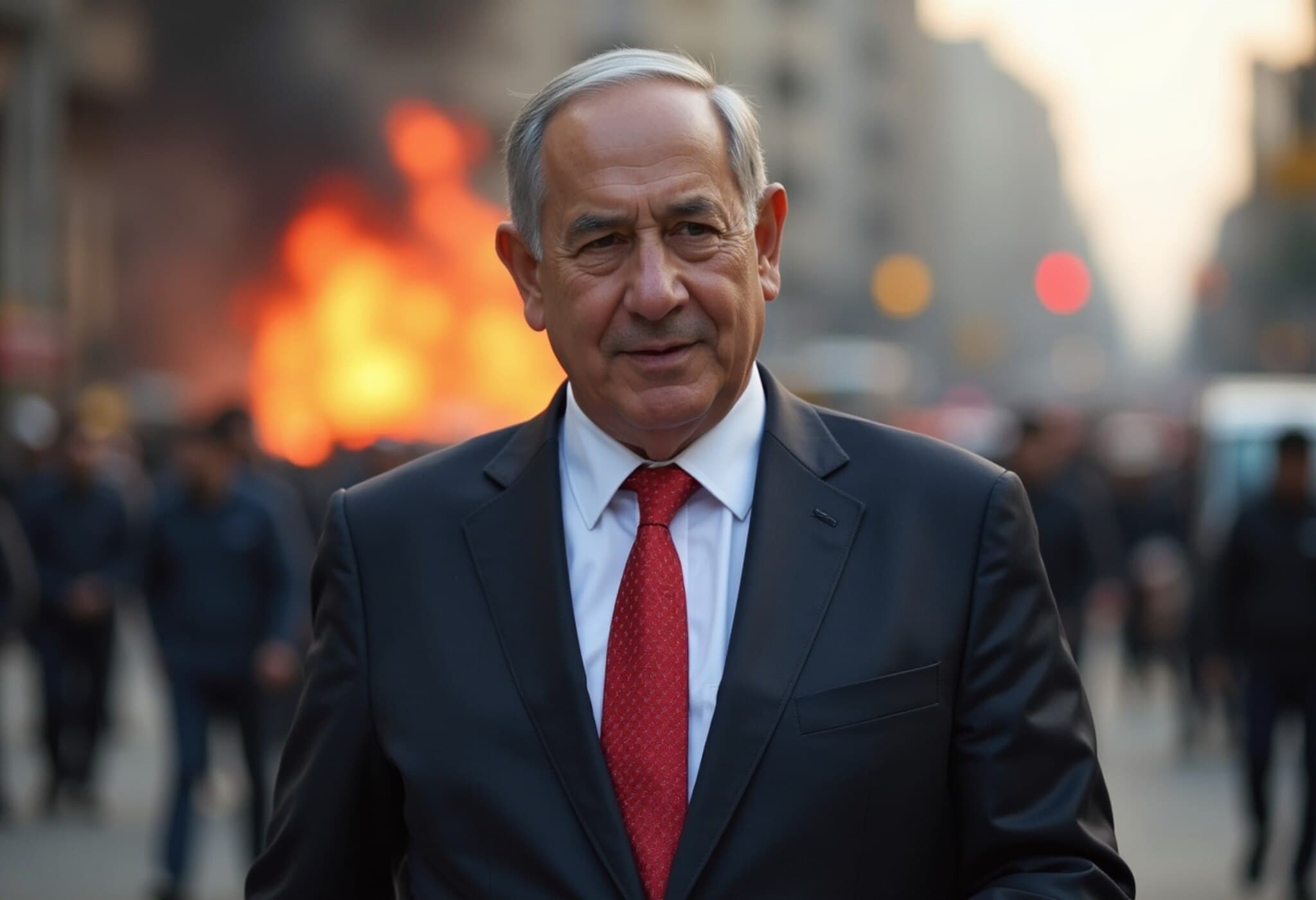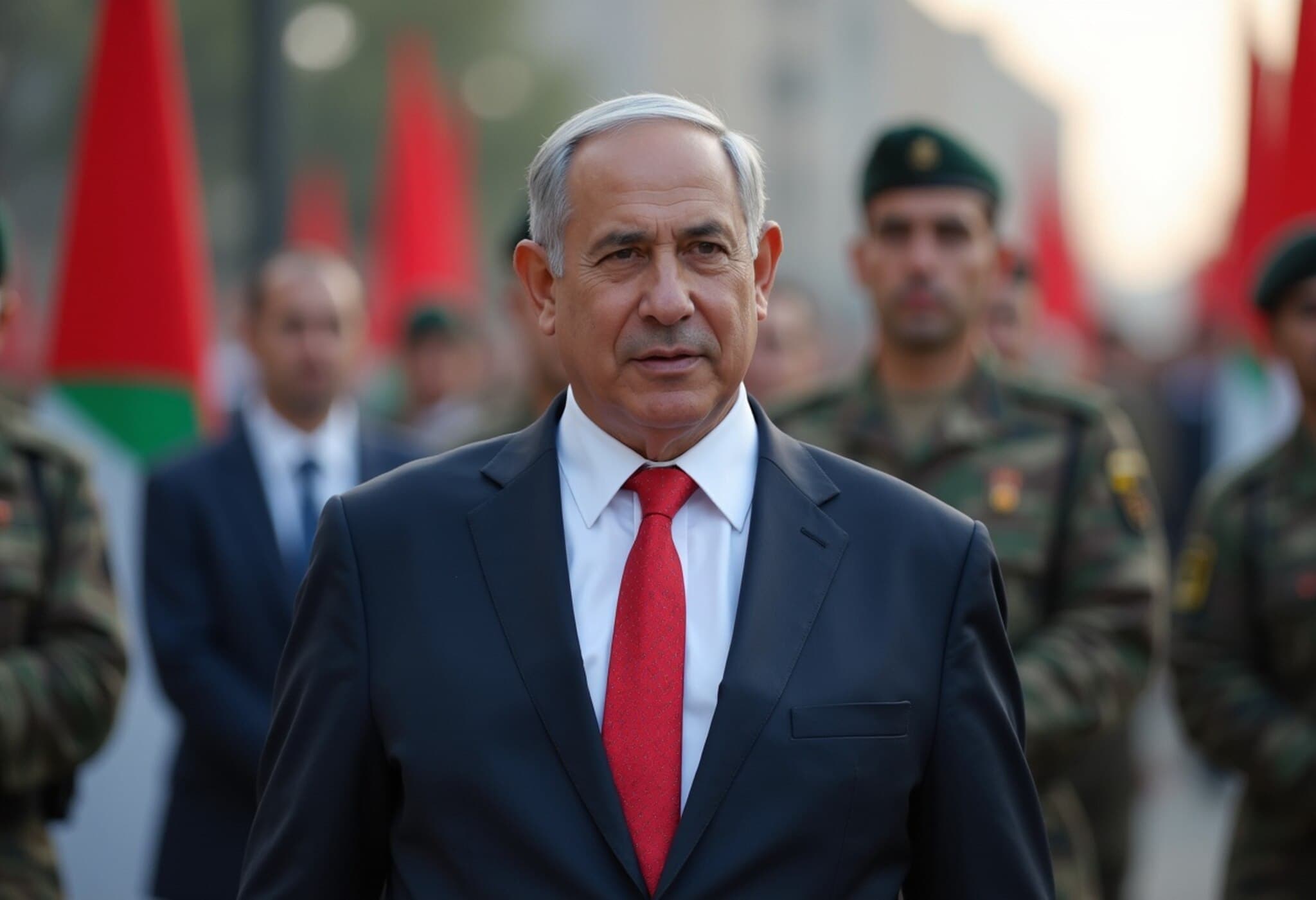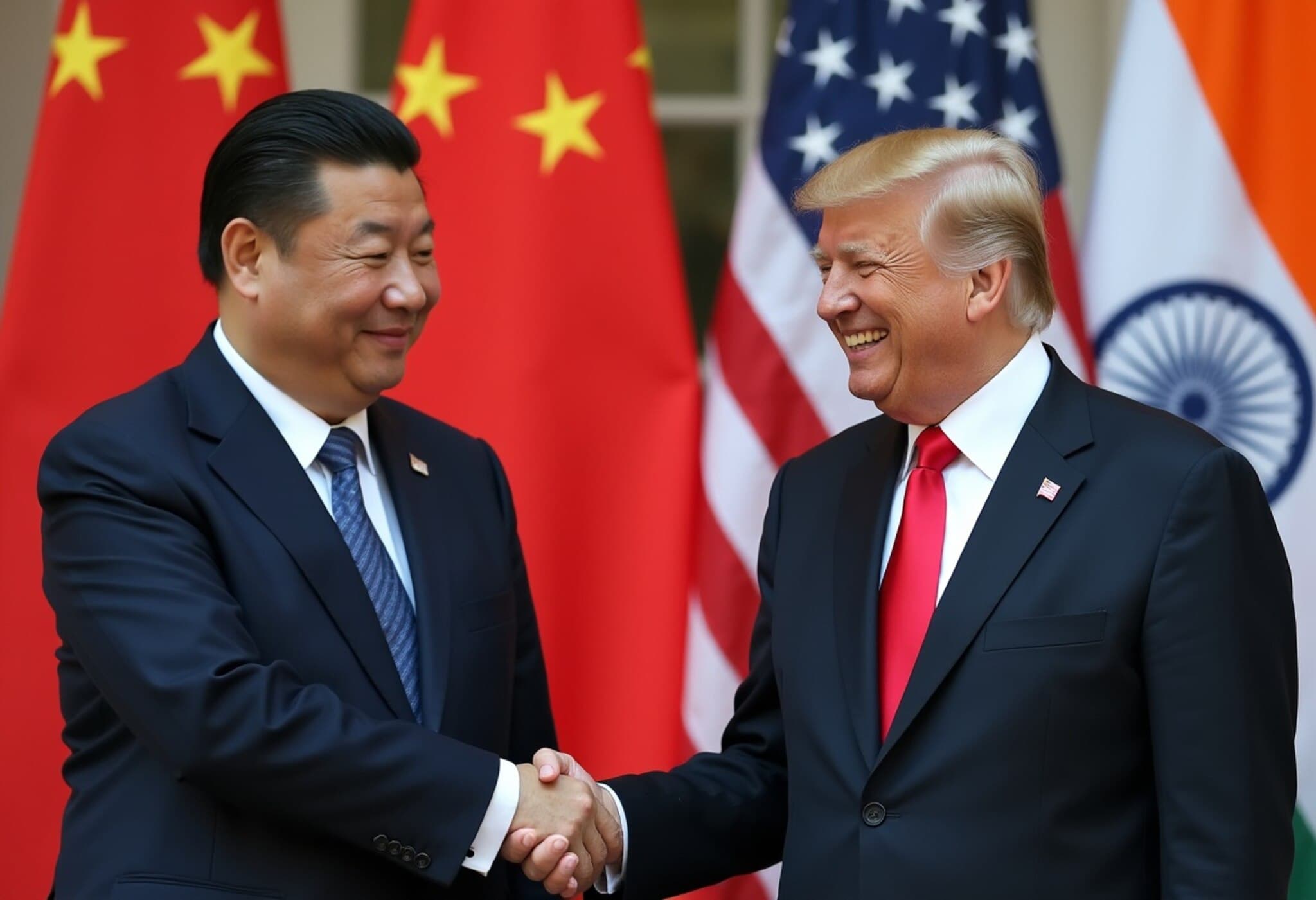Israel’s Military Leadership Pushes Back Against Netanyahu’s Gaza Expansion Plan
In a significant display of internal disagreement within Israel’s leadership, Lieutenant General Eyal Zamir, the Chief of Staff of the Israel Defense Forces (IDF), has firmly rejected Prime Minister Benjamin Netanyahu’s proposal to enlarge the Israeli military’s presence and control over Gaza. The tension highlights a critical debate within Israeli policymaking circles about the future course of military action amid a protracted conflict with Hamas.
Background: A Divided Approach to Gaza
The conflict in Gaza escalated sharply following Hamas’ surprise attack on southern Israel on October 7, 2023. Since then, Israel has maintained control over approximately 75% of Gaza’s territory, a substantial majority gained through sustained military operations.
Despite this, some members of Netanyahu’s government advocate for further military expansion—specifically, reoccupying areas from which Israel withdrew two decades ago, reimposing direct military rule, annexing territory, and potentially reinstating Jewish settlements.
Military Concerns: Risks of Further Occupation
During a pivotal three-hour meeting on August 6, 2025, between Netanyahu and the IDF leadership, Zamir articulated grave concerns that advancing Israeli forces deeper into Gaza could lead to strategic and humanitarian setbacks. He warned that seizing additional areas might entrap Israeli troops in hostile territory, complicate military logistics, and elevate risk to hostages still held captive by Hamas.
A source close to the military leadership emphasized the nuanced dilemma: while some see large-scale occupation as necessary for security and deterrence, others—including Zamir—fear it could jeopardize both soldiers and civilians, especially given the unresolved status of numerous hostages.
Hostage Crisis and Diplomatic Challenges
Netanyahu expressed frustration that military operations had not yet secured the release of all hostages. Intelligence and diplomatic sources suggest most of the hostages freed to date were released through negotiations rather than military rescue operations—a reality that tempers enthusiasm for aggressive expansion.
This divergence underscores the complexity of the conflict, where military gains do not automatically translate into political or humanitarian victories.
Political Dynamics and Future Outlook
In the wake of the meeting, Defence Minister Israel Katz publicly acknowledged Zamir’s right to voice his reservations while reinforcing the military’s obligation to execute government policies. Meanwhile, Netanyahu is preparing to bring his expansion plan to the war cabinet, dominated by far-right figures who have historically favored assertive territorial policies.
The Prime Minister’s Office confirmed the meeting but declined additional comment, reflecting the sensitive nature of these internal debates.
Contextual Analysis
- Strategic Implications: The military’s caution signals awareness of the operational complexities that uncontrolled territorial expansion entails, especially within densely populated urban environments like Gaza.
- Humanitarian Concerns: International aid organizations have raised alarms about starvation and civilian suffering in Gaza, making prolonged occupation fraught with moral and legal challenges.
- Political Ramifications: Netanyahu’s push for expansion appeals to nationalist factions but risks deepening divisions within both Israel’s government and its civilian population.
What’s Next?
As Israel grapples with maintaining national security and pursuing political objectives, the debate over Gaza’s future control is emblematic of broader tensions: the balance between military action, humanitarian responsibility, and diplomatic negotiation remains precarious. The coming weeks will test the resilience of Israel’s decision-making process and the prospects for a durable ceasefire inclusive of hostages’ safe release.
Editor’s Note:
This unfolding internal conflict illuminates the challenging crossroads Israel faces amid one of the most volatile chapters in its recent history. Lieutenant General Zamir’s cautious stance may indicate a growing realization among military professionals that more territory does not equate to more security. As policymakers weigh hard choices, the international community watches closely, questioning if a sustainable resolution lies in military dominance or nuanced diplomacy.

